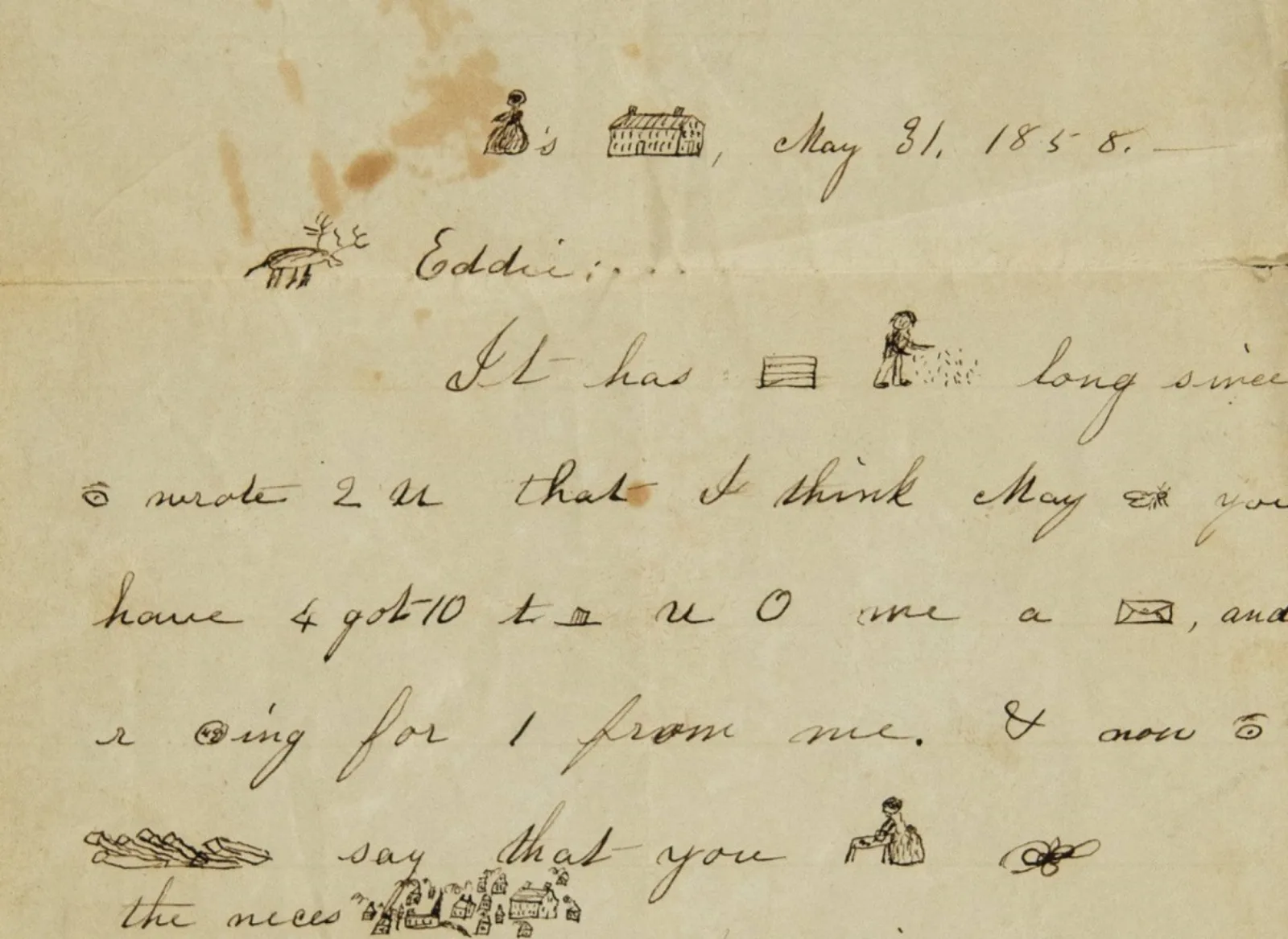Building on the success of its previous crowdsourced transcription projects, Transcribing Faith and The Civil War in Letters, the Newberry has launched a new website, Transcribing Modern Manuscripts, that asks users for help deciphering more than 30,000 pages of handwritten letters, diaries, and other documents chronicling the lives of ordinary Americans throughout the 19th century. As transcribers convert the handwritten text into digitally searchable documents, they will make new scholarship possible and expand our collective understanding of American history.
The recently digitized primary sources available through Transcribing Modern Manuscripts are drawn from the Newberry’s Modern Manuscript Collection, an archive of materials—personal correspondence, business records, notes, photographs, audio recordings—collected or created by journalists, artists, social reformers, writers, and others.
For now, many of the handwritten documents on the new site come from the Everett Family Papers. This multi-generational family participated in the major social movements of the 19th century, from abolitionism to women’s suffrage.
"Archival collections like the Newberry’s are an important resource for social and cultural historians who go beyond official records and popular narratives to learn from women, children, immigrants, and other groups whose voices may not be very well represented in the historical record,"said Martha Briggs, Lloyd Lewis Curator of Modern Manuscripts at the Newberry. "When you can digitally access and search the written traces that these people left behind, you can discover patterns in their activities and in what they valued, felt, and believed.”
Crowdsourced projects like Transcribing Modern Manuscripts give participants the chance to engage directly with the raw material of the past while generating insights that might not emerge from individuals working in isolation.
Increasingly, crowdsourced transcription projects are also proving useful in the classroom.
"Encouraging students to analyze and decipher centuries-old manuscripts acquaints them with primary sources, helps them contribute to new scholarship, and broadens their sense of history,"said Matthew Clarke, a member of the Newberry’s Department of Digital Initiatives and Services and a visiting lecturer in English at the University of Illinois at Chicago.
Users around the world are invited to visit Transcribing Modern Manuscripts, where they can learn about the project, find tips for transcribing handwriting, and access the available manuscript material.
